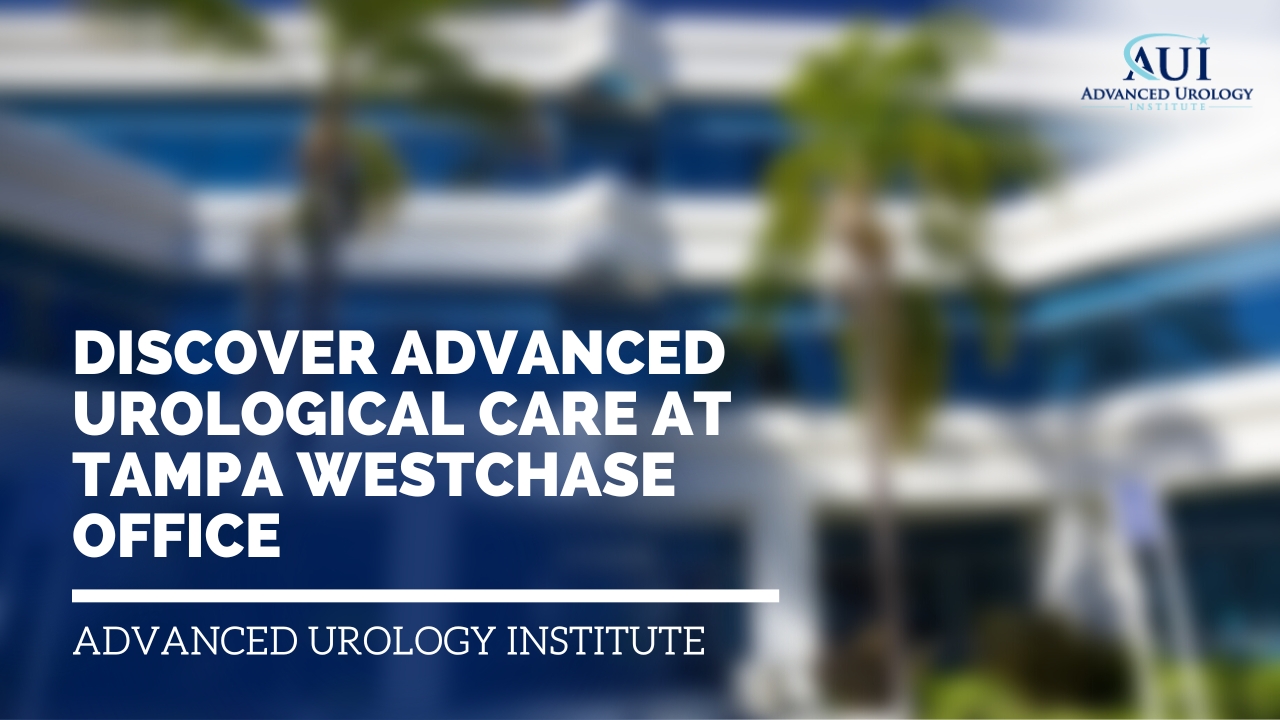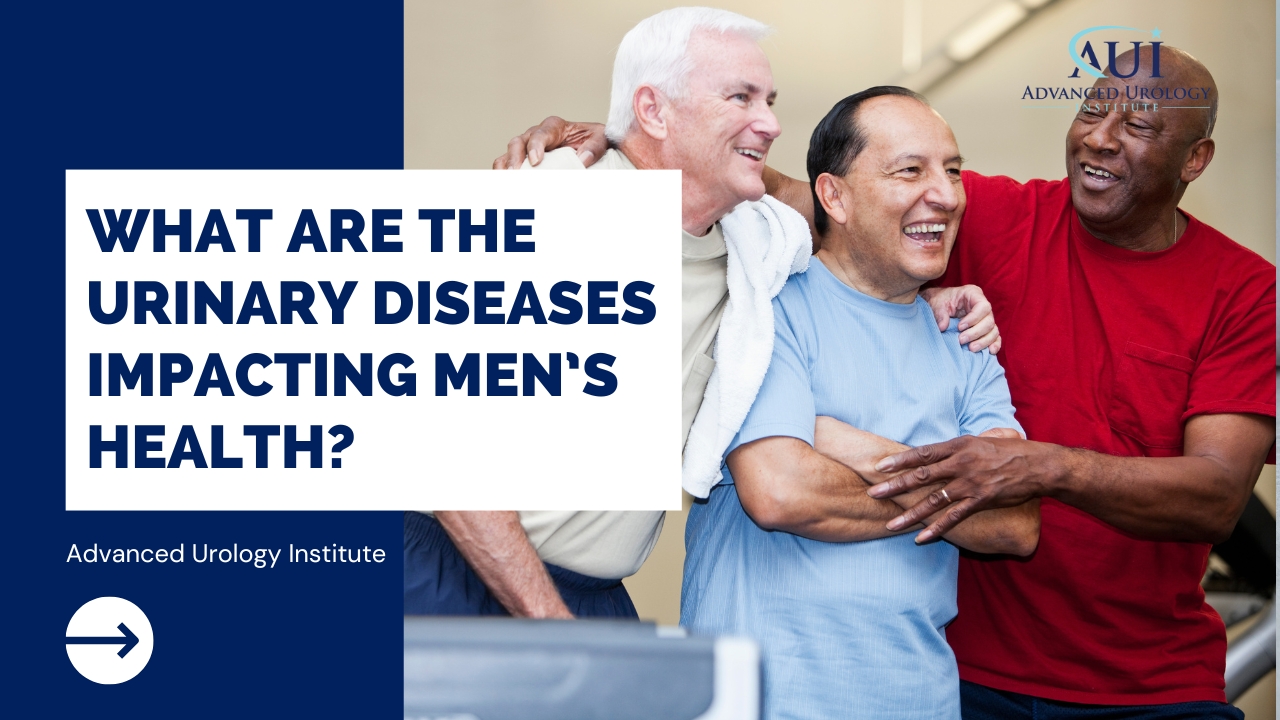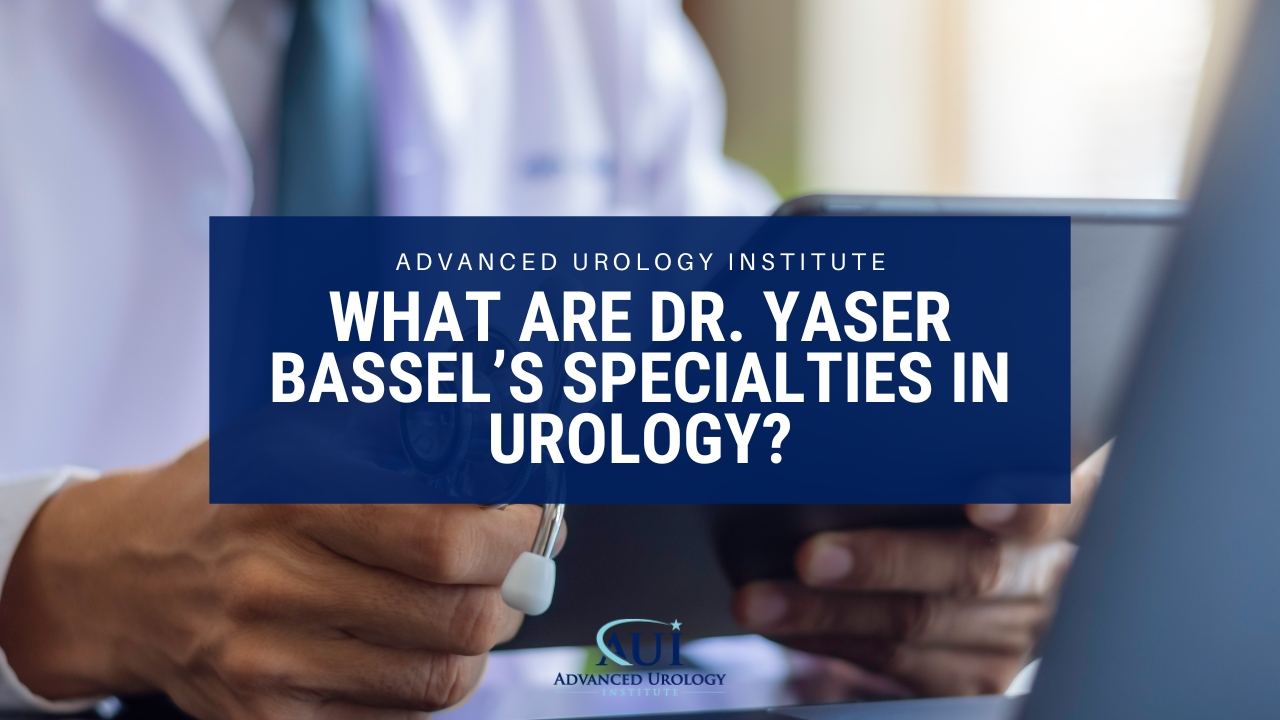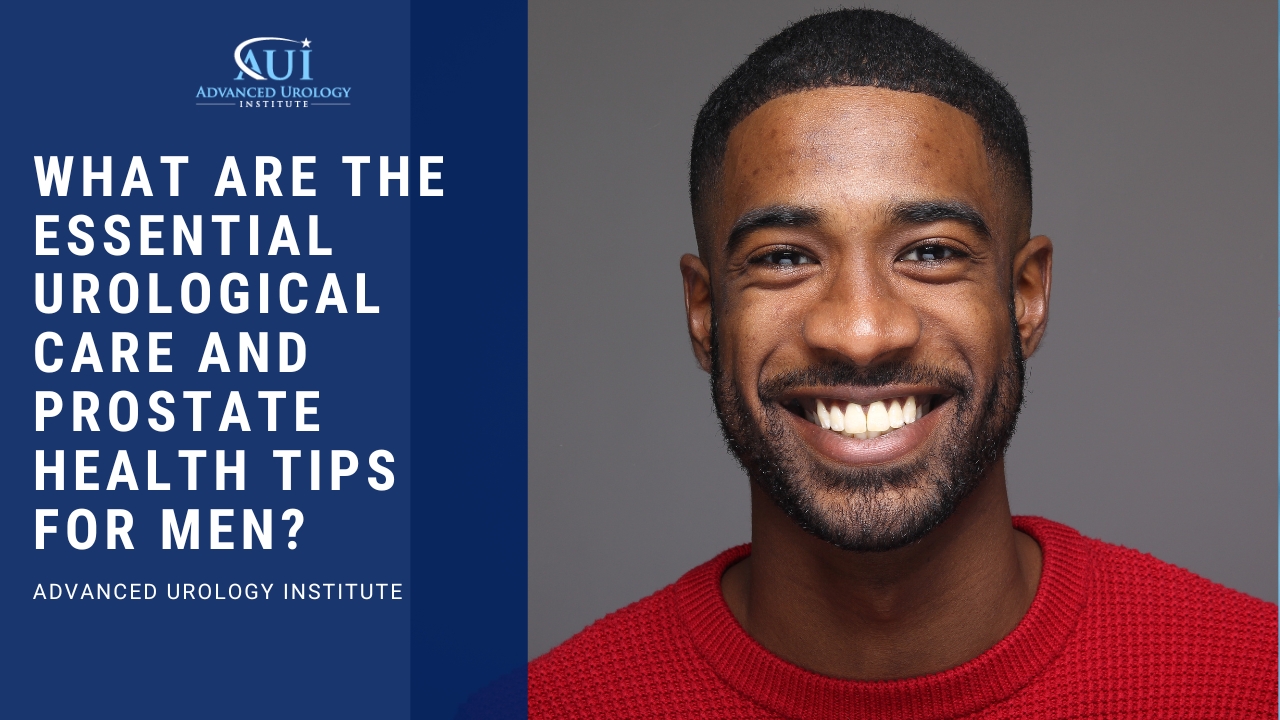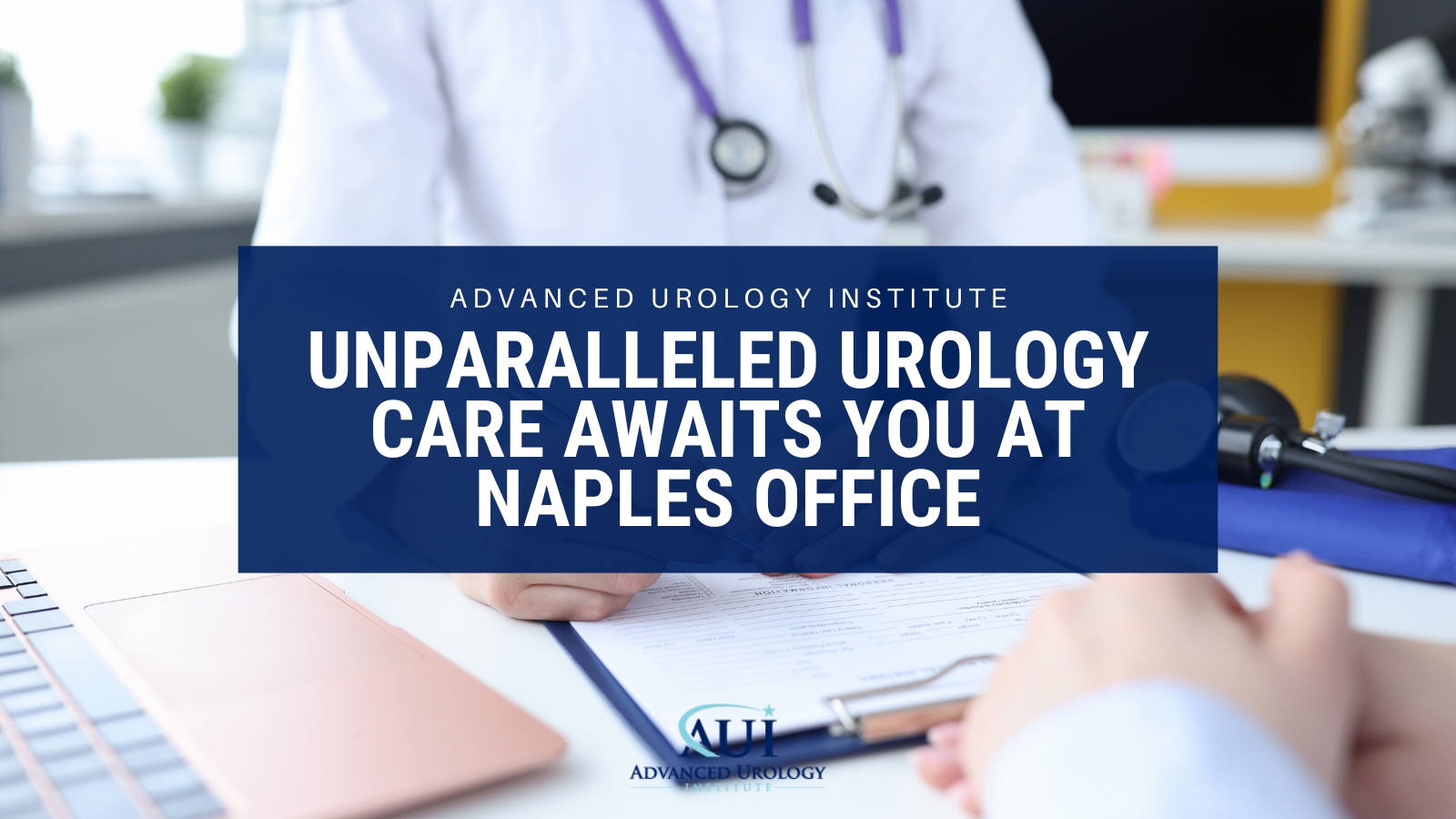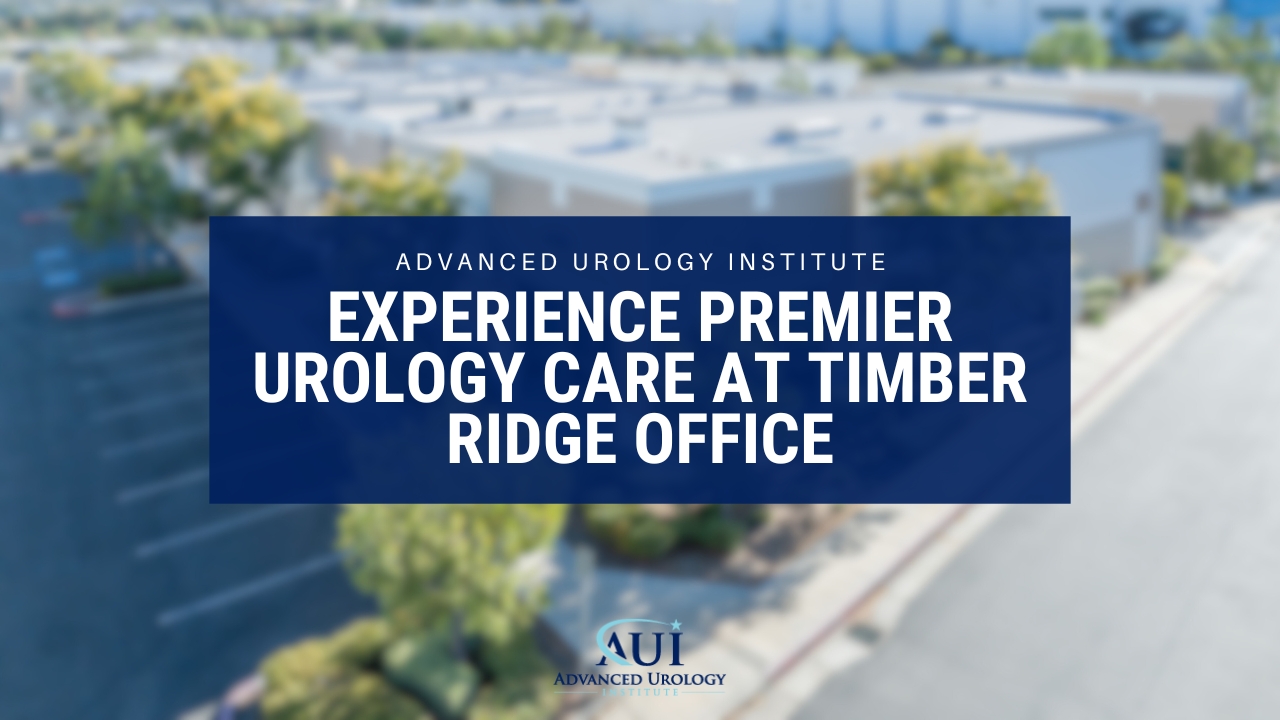Men should be aware of their kidney and urological health since they have higher risks of developing these diseases. Learn more at AUI.
Continue readingShould women be afraid to visit a urologist? – Dr. Nicole Szell
Women may feel apprehensive about visiting a urologist due to its personal nature. Learn more from Dr. Szell, urologist in Palm Harbor, FL.
Continue readingDiscover Advanced Urological Care at Tampa Westchase Office
At our Tampa Westchase Office, you’ll find a team of board-certified urologists who are committed to providing personalized care.
Continue readingWhat are the urinary diseases impacting men’s health?
Knowing which urological conditions most commonly impact men and having a plan for care are two key factors in maintaining urinary health.
Continue readingWhat are Dr. Yaser Bassel’s specialties in urology?
Dr. Bassel main interest is robotic surgery in urology, which allows for precision and minimally invasive treatment of cancer-related issues.
Continue readingWhat are the essential urological care and prostate health tips for men?
Understand the importance of urology men’s health as AUI provides tips and strategies to help men maintain their prostate health
Continue readingPalm Harbor East Lake Office: Advanced Urological Care at Your Doorstep
At our Palm Harbor East Lake Office, you’ll find a team of highly skilled urologists and staff equipped with empathy and expertise.
Continue readingWhat is National Men’s Health Month and why is it important for men’s health?
National Men’s Health Month (NMHM) is an annual observance in June to bring awareness to the overall health and well-being of men.
Continue readingUnparalleled Urology Care Awaits You at Naples Office
At our Naples Office, you’ll find an exceptional lineup of accomplished urologists and providers dedicated to patient care.
Continue readingTrust the Experts at Windsor Oaks Office for Your Urological Needs
AUI’s Windsor Oaks Office is proud to feature a remarkable group of urologists and providers with a passion for patient care.
Continue readingWhat is Urinary Incontinence in Women and how can Dr. Amar Raval help?
Experience Premier Urology Care at Timber Ridge Office
Discover Exceptional Urological Care at Port Orange Office
What are the risk factors of Testicular Cancer that men should know?
What Affects the Treatment Outcomes for Erectile Dysfunction with Dr. Bill Vanasupa
In this video, Dr. Bill Vanasupa, a board-certified urologist, discusses the effectiveness of medications for treating erectile dysfunction (ED). He notes that not all patients respond to medications and that the level of response can vary based on factors such as comorbidities, heart issues, and diabetes.
Continue reading



